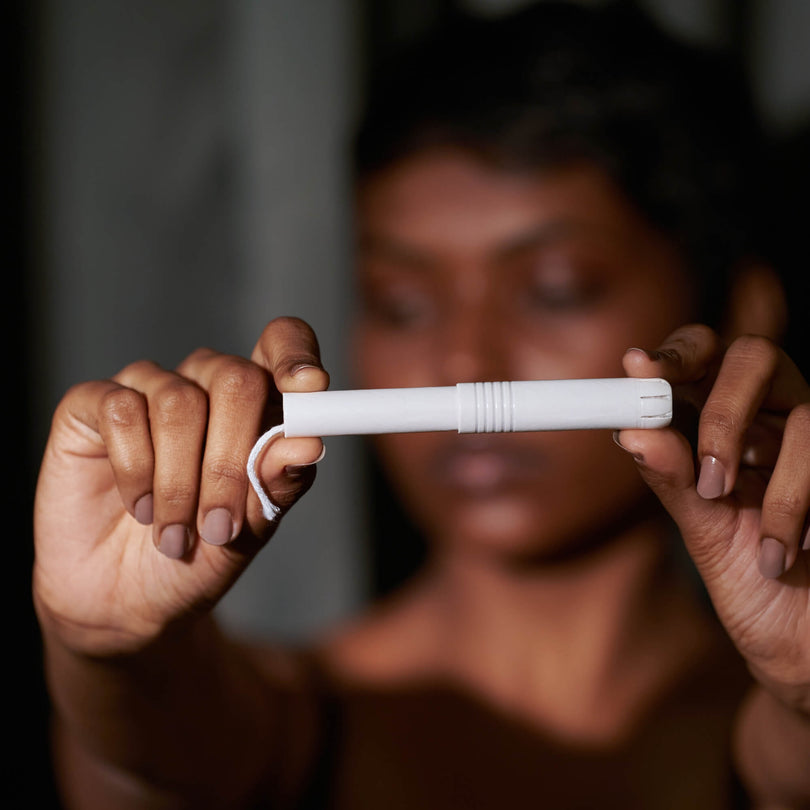Plant-based Pads
Sparkle's plant-based pads are made without conventional plastics (no polypropylene or polyethylene in the top sheet, core, or back sheet), synthetic super absorbent polymers (sodium polyacrylate, which is a crude oil derivative), artificial fragrances, or dyes.
By replacing the conventional plastics from period products with plant-based layers,we hope to say goodbye to petrochemical-based plastics that could pollute our planet for around 500-600 years after their disposal.

USDA Certified Biobased Pads
Sparkle pads are USDA Certified Biobased Products with 86% biobased content, which means that we use ingredients that reduce our dependence on fossil-based resources.
The USDA Certified Biobased Product label displays a product's biobased content, which is the percentage of a product that comes from a renewable source (such as plants, forestry feedstocks, etc). When we utilize renewable, biobased materials, we displace the need for non-renewable, petroleum-based chemicals.
The % of Biobased Carbon Content is measured using ASTM D6866-22 Method B (AMS) TOC

Planet-friendly period care
Made with plant-based ingredients

No conventional plastics
No polypropylene or polyethylene in the top sheet, core or back sheet that could pollute the planet for over 500 years after disposal

No synthetic superabsorbents
No sodium polyacrylates that are derived from crude oil

No artificial fragrances or dyes
No harsh chemicals that may cause rashes or irritations
Tampons made with Certified Organic Cotton
100% GOTS certified organic cotton tampons wrapped individually in paper.
Made without chlorine bleach, pesticides, or fragrances.

100% Global Organic Textile Standard (GOTS)
Certified organic cotton tampons
The Global Organic Textile Standard (GOTS) is recognized as the world’s leading processing standard for products made from certified organically-produced raw materials. It includes strict environmental and social criteria for operations along the entire cotton supply chain.
Products carrying the GOTS logos contain the credible assurance of the organic origin of the product, along with the stamp of environmentally and socially responsible processing.

Better for you, the workers and the planet
Compared to traditional cotton farming practices that involve the use of synthetic pesticides and fertilizers, organic cotton farming relies on natural and sustainable methods, such as crop rotation, biological pest control, and composting.
Synthetic pesticides and fertilizers used in traditional cotton farming can have
detrimental effects on the soil, water sources, and surrounding ecosystems. In contrast, organic farming practices can help maintain soil fertility, conserve water, as well as protect biodiversity.
Beyond environmental benefits, the GOTS certification also ensures that workers involved in the cultivation and processing of organic cotton are treated fairly and provided with safe working conditions. This includes fair wages, reasonable working hours, and the prohibition of child labor.




















